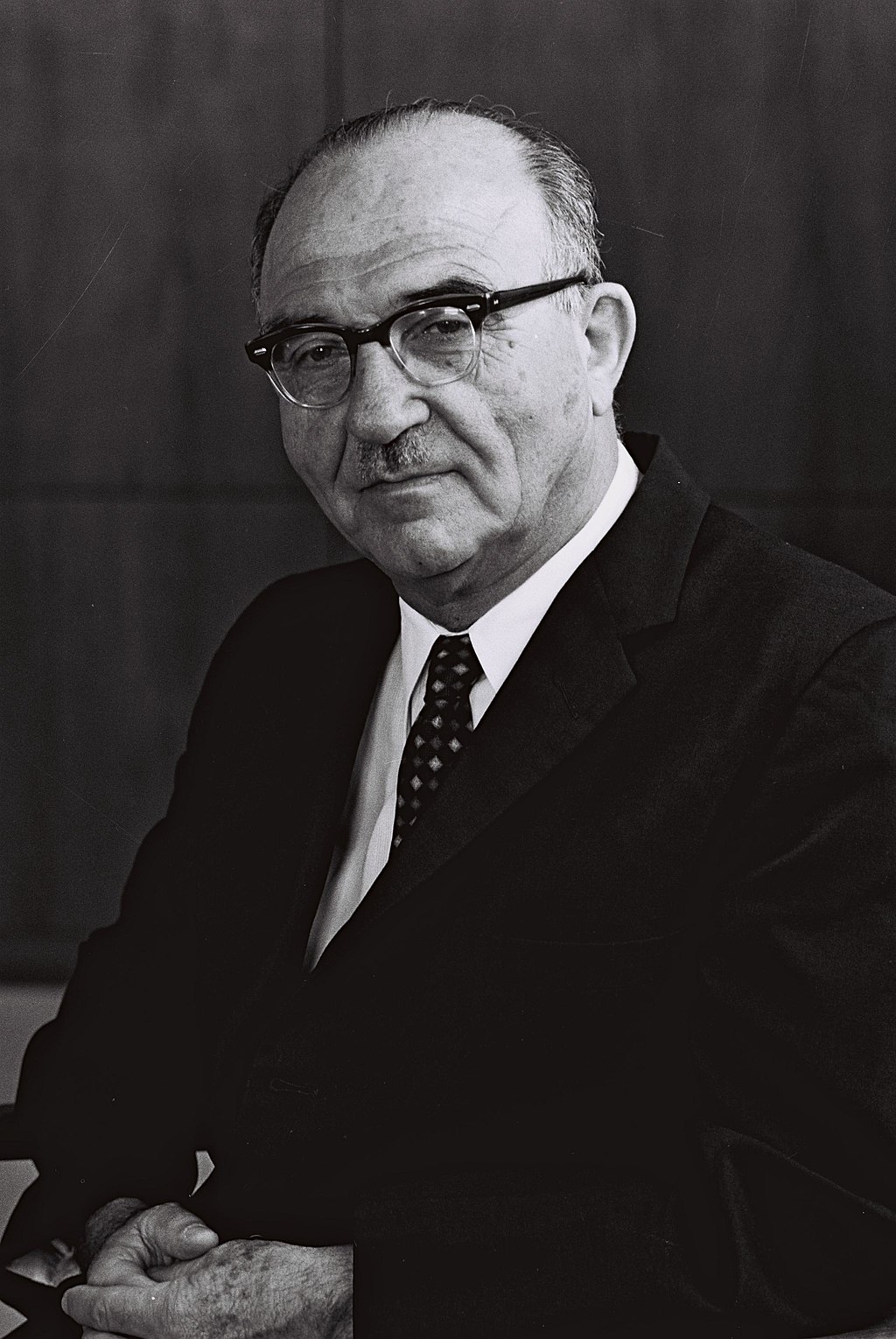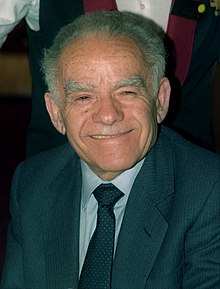Introduction
Golda Meir was Israel’s fourth Prime Minister and the first woman to hold this office, becoming a symbol of resilience and determination. Born on May 3, 1898, in Kyiv, Ukraine, Meir emigrated to the United States before eventually making her way to Palestine. Her journey from a humble immigrant background to becoming one of Israel’s most influential leaders is a story of dedication, courage, and an unyielding commitment to the Zionist cause.
Early Life and Zionist Commitment
Golda Meir was born in Kyiv and moved to Milwaukee, Wisconsin, with her family at a young age to escape persecution. She became involved in the Labor Zionist movement during her youth, driven by a strong belief in the need for a Jewish homeland. In 1921, Meir immigrated to Palestine with her husband, settling on a kibbutz and embracing the ideals of collective labor and community living.
Political Career and Diplomatic Roles
Meir quickly rose through the ranks of the Histadrut, Israel’s national trade union, and became a prominent figure in the Labor Party. Her diplomatic skills were evident when she served as an emissary to the United States, raising significant funds for the young state during the 1948 Arab-Israeli War. Her ability to connect with people and her unwavering dedication to Israel’s security and prosperity made her a trusted figure in Israeli politics.
Meir was appointed Israel’s Minister of Labor in the 1950s, where she focused on infrastructure development and immigrant absorption. Later, as Foreign Minister, she was instrumental in forging alliances and securing Israel’s place in the international community during a critical period in the nation’s history.
Prime Ministership and Challenges
Golda Meir became Prime Minister in 1969, during a time of heightened tension in the Middle East. Her tenure was marked by significant challenges, including the Munich Olympics massacre in 1972 and the Yom Kippur War in 1973. Meir’s leadership during the Yom Kippur War was both praised and criticized; while she demonstrated resilience, the war’s initial setbacks led to questions about the government’s preparedness.
Despite these challenges, Meir remained a symbol of strength for many Israelis, embodying the pioneering spirit of the early Zionists. She was often referred to as the ‘Iron Lady’ of Israeli politics, known for her direct manner and her commitment to the security and survival of Israel.
Legacy and Impact
Golda Meir retired from politics in 1974 but remained an influential figure until her death in 1978. Her legacy as Israel’s first female Prime Minister is profound, paving the way for future women in leadership roles. Meir is remembered for her dedication to the Zionist cause, her tireless work for the welfare of the Israeli people, and her leadership during some of the country’s most challenging times.
Golda Meir’s legacy is celebrated in numerous ways, including schools and public buildings named in her honor, and her autobiography ‘My Life’ remains a source of inspiration for many. She is remembered as a leader whose determination and passion helped shape the State of Israel during its formative years.



